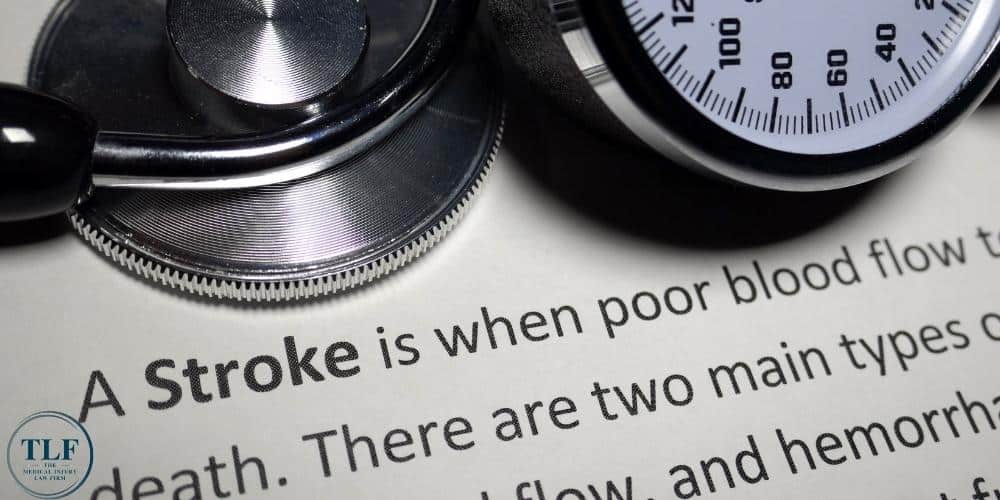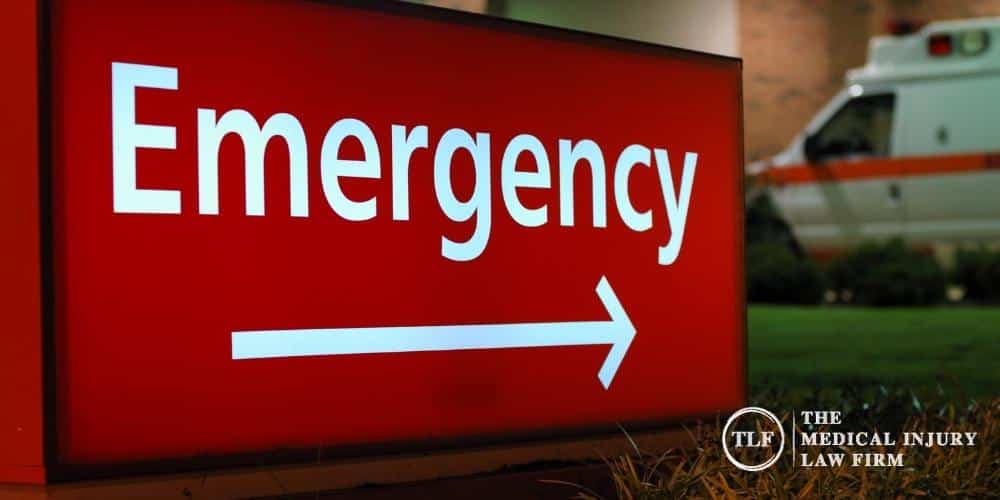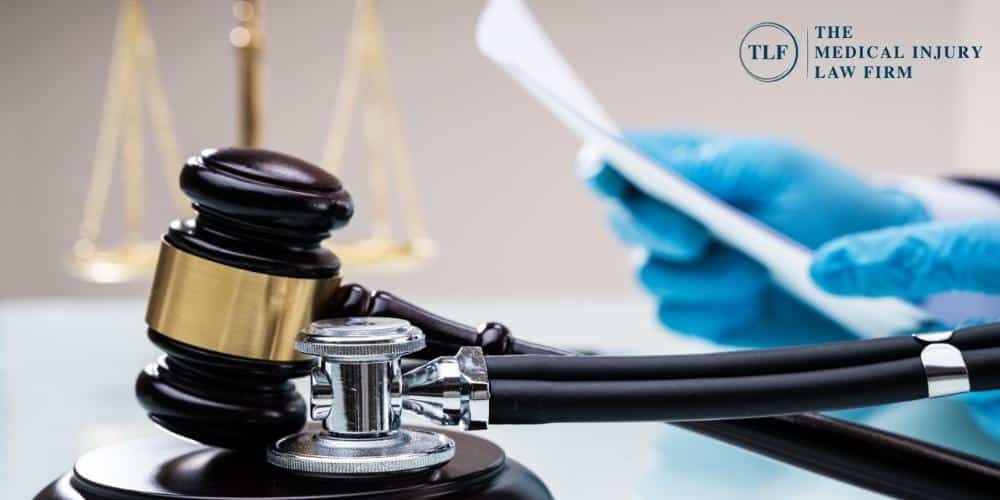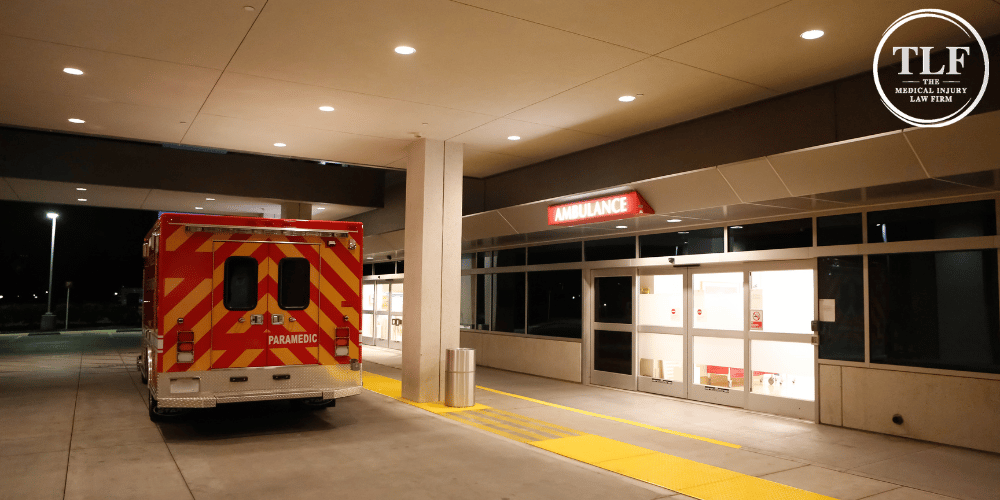Putting Our Knowledge And Experience To Work
Home » Medical Malpractice » Stroke Misdiagnosis Lawyer
Stroke Misdiagnosis Lawyer
Stroke Misdiagnosis Attorneys in Cincinnati, OH & Covington, KY
This year, thousands of Americans will become victims of a stroke and will seek medical treatment before, during, or after the incident. It’s important that they do seek treatment, too, as strokes are one of the leading causes of brain damage and other neurological deficits. Unfortunately, improper treatment of a stroke can lead to lifelong impairment or even death.
When doctors or other medical professionals misdiagnose a stroke, it can lead to permanent consequences for stroke victims. If the doctor did not treat you to the best of their ability by conducting the proper tests, or if they ignored your symptoms, it is considered medical malpractice. Medical malpractice cases can be difficult to manage in court, so if you want to seek justice for a stroke misdiagnosis in Ohio or Kentucky, contact TLF: The Medical Injury Law Firm by calling (800) 698-4054 today. You can also fill out our online form to schedule a free consultation with one of our dedicated Covington and Cincinnati medical malpractice lawyers.

Types of Strokes
To oversimplify things, a stroke is a medical emergency in which blood vessels that carry blood to the brain are obstructed in some way. This could be via a clot or through the collapse of the blood vessel itself.
There are three different types of strokes that account for the majority of stroke patients in the United States: ischemic, hemorrhagic, and transient ischemic attack, or TIA.
Ischemic stroke
Ischemic strokes account for 87% of all strokes, and are typically caused by blood clots that cut off blood supply to the brain. In some cases, this might also be called a venous stroke in children and newborns when fatty deposits in the veins cause a blood clot (or thrombus) that limits blood flow to the brain.
Hemorrhagic stroke
A hemorrhagic stroke occurs when a blood vessel ruptures, causing blood to pool either within the brain or outside it and putting extreme pressure on brain tissue. The most common cause of a weakened blood vessel (and thus, of hemorrhagic strokes) is high blood pressure.
Transient Ischemic Attack
A transient ischemic attack, or TIA, is also sometimes called a mini-stroke. Similar to an ischemic stroke, it is also caused by a small, temporary blood clot that stops the flow of blood to your brain cells.
Due to the fact that it does not cause permanent damage, this type of stroke is usually ignored, especially in a high-stress, high-volume emergency room. However, a TIA is often a warning sign of a larger impending stroke and should not be cast aside as unimportant.
Cryptogenic Stroke
A cryptogenic stroke is the name doctors use when they are not sure what caused a stroke. The symptoms and potential dangerous outcomes of this stroke, however, are the same.

Conditions That Mimic a Stroke
Now that we know what happens when a stroke occurs, we can talk about the conditions that mimic the symptoms of a stroke. These similar symptoms can make it difficult for doctors to arrive at a proper diagnosis for both stroke patients and patients who are not having a stroke. There is very little time to decide, and administering improper treatment could be fatal.
Stroke Symptoms
Before we talk about what a stroke mimics, let’s give a quick rundown of common stroke symptoms. A stroke patient will typically have:
- Sudden numbness in the face, arm, or leg, usually on just one side of the body
- Sudden confusion, trouble understanding, or trouble speaking
- Sudden severe headache with no known cause
- Sudden trouble seeing with one or both eyes
- Sudden dizziness, instability or difficulty walking
With that in mind, let’s talk about conditions a stroke mimics.
Stroke Mimics
Here are some of the most common conditions that mimic a stroke:
- Seizures
- Migraines
- Syncope
- Sepsis
- Brain tumors
It’s important for doctors to be aware of these conditions and methods of differentiating them from a stroke. To do this, a doctor must check a patient’s medical records for potential risk factors, order tests like MRIs and CTs, and talk to the patient or the family about the onset of symptoms in order to confirm or rule out a stroke.

Common Cases of Medical Malpractice Leading to Strokes
For a stroke victim, a delayed diagnosis or misdiagnosis can be the difference between a full recovery and lifelong impairment. Timely treatment from medical professionals is essential.
Medical malpractice can lead to permanent damage from a stroke, or even in some cases be the cause of a stroke.
Here are some of the common scenarios surrounding strokes and medical malpractice:
Failure to Diagnose Stroke
When a doctor fails to find an accurate diagnosis, the stroke in question is usually a very small one, like a TIA. These are small strokes caused by temporary clots, and the only symptoms may be a severe headache or some numbness and confusion. A busy emergency department may write these symptoms off as something small, like a migraine, without running the appropriate tests or performing the appropriate scans.
Like we mentioned above, these small strokes can be warning signs of larger and more dangerous strokes, so failing to diagnose them can lead to tragic outcomes for the patient and constitute medical negligence.
Delayed Stroke Diagnosis
Coming to a prompt diagnosis is essential in the treatment of a stroke. The greatest danger of a stroke is that a part of the brain will be permanently damaged due to the lack of blood flow. This is because if blood is not restored to the brain within just a few hours, brain tissue will die, causing irreversible damage. Therefore, a delayed diagnosis loses potentially lifesaving minutes for a patient.
Missed Stroke in ER
Stroke symptoms often come on quickly and with very little warning. When a patient comes in presenting these symptoms, they will likely be coming into the emergency room or calling for emergency medical services.
For these reasons, stroke cases are often high-stress situations where quick decisions must be made. Doctors have to check medical records and run the appropriate tests to rule out or confirm a stroke as the correct diagnosis and take the appropriate steps to try to treat the stroke and possibly to prevent further damage. In the case of stroke, the medical adage is “time is brain.”
Stroke After Surgery Malpractice
Usually, the risk for strokes after surgery is very low–however, for some heart or brain surgeries, that risk goes up significantly. The risk of clots, and thus, of strokes, decreases with a blood thinner, but that increases the risk of the patient losing too much blood in surgery. Physicians must tread this thin line very carefully.
Physicians must also make an effort to ensure all of a patient’s arteries are open and functional before performing certain surgeries or risk a perioperative stroke.
What Can Happen if a Stroke is Not Properly Diagnosed?
When a patient presents with symptoms of a stroke, time is of the essence. Strokes occur, after all, when there is no blood making it to a certain part of the brain. If that tissue is deprived of blood and oxygen for too long without prompt treatment, it will die, and the patient in question could suffer permanent brain damage. In addition to catastrophic brain injuries, they could also lose the function of some of their limbs or have lifelong difficulties with speech, all depending on which part of the brain is impacted.
For this reason, it’s crucial for a medical professional to diagnose and treat a stroke as quickly as possible.

Can I File a Medical Malpractice Claim for a Misdiagnosed Stroke?
If a doctor or other medical personnel misdiagnosed your stroke, delayed diagnosing your stroke, or missed it altogether and you suffered injury because of it, you have a right to file a malpractice claim to seek restitution.
Medical malpractice lawsuits can be difficult to win, as an attorney needs to prove there was a “standard of care” the doctor was fully able to meet, but simply did not. This is called a breach of duty. You also must prove that your injury was a result of this inability to meet the standard, and that your losses are a direct result of that injury. This requires testimony from medical experts, comprehensive legal resources, and plenty of work from a thorough and competent attorney.
In both Ohio and Kentucky, you have one year from the time the malpractice occurred to file a claim. If you’re uncertain whether or not you have a valid malpractice claim, give our law firm of experienced medical injury attorneys a call ASAP.
What Damages Can I Recover From a Medical Malpractice Lawsuit?
When a patient suffers the repercussions of a delayed or missed diagnosis of a stroke, they are entitled to financial compensation to help cover the likely extensive losses they’ve faced.
Here are some of the damages you can recover from a malpractice lawsuit:
- Lost wages
- Reduced ability to earn
- Medical and rehabilitation expenses
- Pain and suffering
In cases that result in fatalities, the patient’s immediate family can file a wrongful death claim and potentially receive expenses for:
- Funeral and burial costs
- Medical costs leading up to death
- Compensation for emotional pain
- Pain and suffering experienced by the deceased
- Loss of consortium
- And more

Cincinnati and Covington Stroke Misdiagnosis Attorneys
A doctor’s negligence in their failure to diagnose a stroke can lead to long-term, devastating outcomes for stroke patients and their families. Stroke misdiagnosis can lead to brain injury, lost wages, extensive medical bills, and in some cases, a tragic loss of life.
If you’ve been the victim of a serious injury resulting from the medical misdiagnosis or mishandling of a stroke, it may be in your best interest to seek an attorney-client relationship with an experienced team of legal professionals. To ensure maximum compensation, you’ll need a law firm with plenty of experience handling personal injury and medical malpractice claims in your state. If you live in Kentucky or Ohio and require the assistance of a skilled legal team, please call the medical malpractice lawyers at TLF: The Medical Injury Law Firm at 859-578-9130 for our Covington law office, or 513-651-4130 for our Cincinnati law office. You can also fill out our online intake form for a free consultation.
Practice Areas
You Pay No Fees Unless We Win!
We are happy to offer a free consultation to evaluate your case. If you hire us as your legal counsel, we will represent you on a contingency-fee basis. You will pay no attorneys’ fees unless we recover financial damages.
